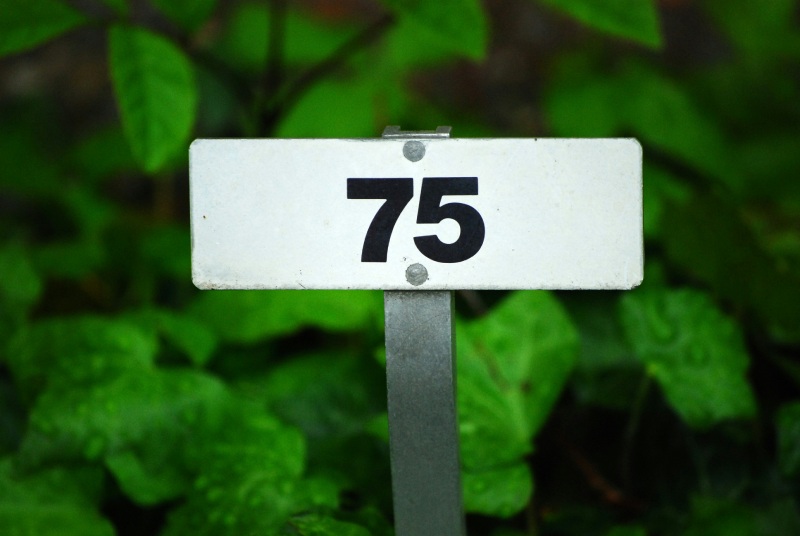Have you ever found yourself laughing so hard that your stomach starts to hurt? It’s a common experience, but understanding why it happens can help alleviate your concerns and provide insight into your body’s responses. In this article, we’ll explore the reasons behind abdominal pain during laughter, discuss specific conditions that might contribute to this discomfort, and offer tips for managing and preventing it.
Understanding the Basics of Laughter and Its Effects
Laughter is not only a natural reaction to humor but also a complex physiological process. When you laugh, your diaphragm and abdominal muscles contract, and your breathing becomes more rapid. This increased activity can put strain on your muscles and organs, sometimes resulting in temporary discomfort or pain in your stomach area. The intensity and duration of laughter can exacerbate these sensations, especially if your body is already predisposed to certain issues.

Common Causes of Stomach Pain When Laughing
In this section, we examine the typical causes of stomach pain that may arise from laughing, including muscle strain, gas and bloating, and abdominal cramps.
Muscle Strain
One of the most common reasons for stomach pain during laughter is muscle strain. Intense laughter causes your abdominal muscles to contract repeatedly, which can lead to soreness or pain, especially if these muscles are not accustomed to such vigorous activity. This type of discomfort is usually temporary and should subside within a few hours.
Gas and Bloating
Laughter can also exacerbate feelings of gas and bloating. When you laugh, you may inadvertently swallow air, which can contribute to bloating. Additionally, the physical activity of laughing can cause trapped gas to shift, leading to cramping or discomfort in the abdomen. Managing your diet and avoiding foods that cause excessive gas can help alleviate this issue.
Abdominal Cramps
Abdominal cramps during laughter might be caused by underlying digestive issues. The jarring movement of laughing can irritate the intestines, leading to cramps, especially if you’re already experiencing digestive disturbances. These cramps can be quite uncomfortable, but are usually not a cause for concern unless they persist.

Specific Conditions That Might Cause Pain
This section explores more serious health issues that might cause stomach pain when laughing, such as hernias, gastroesophageal reflux disease (GERD), and irritable bowel syndrome (IBS).
Hernias
A hernia occurs when an organ or tissue pushes through a weak spot in the abdominal wall. Laughing can increase abdominal pressure, which may aggravate a hernia and cause pain. If you have a known hernia or suspect you might have one, laughter can trigger or intensify discomfort in the affected area.
Gastroesophageal Reflux Disease (GERD)
GERD is a condition where stomach acid frequently flows back into the esophagus, leading to symptoms like heartburn and discomfort. The physical activity of laughing can exacerbate these symptoms, causing pain in the chest or upper abdomen. Managing GERD through lifestyle changes and medications can help reduce this type of pain.
Irritable Bowel Syndrome (IBS)
IBS is a common digestive disorder characterized by symptoms such as cramping, bloating, and changes in bowel habits. Laughter can trigger or worsen IBS symptoms due to the stress it places on the digestive system. If you have IBS, you might experience more pain or discomfort during and after laughing.

When to Seek Medical Advice
While occasional discomfort during laughter is usually harmless, there are times when it might indicate a more serious condition. Seek medical advice if:
- The pain is severe or persistent.
- You experience other symptoms such as nausea, vomiting, or significant changes in bowel habits.
- You have a history of abdominal conditions like hernias or GERD that might be aggravated by laughter.
A healthcare professional can provide a proper diagnosis and recommend appropriate treatment options based on your specific situation.
Tips for Managing and Preventing Pain During Laughter
To manage and prevent pain during laughter, there are several strategies you can employ. Firstly, to avoid muscle strain, it’s important to moderate the intensity and duration of your laughter. Excessive or strenuous laughter can lead to muscle soreness, so if you begin to feel pain, take a break and allow your body to recover.
In addition to managing laughter, paying attention to your digestive health can also help reduce discomfort. Making dietary adjustments, such as avoiding foods that cause excessive gas—like carbonated drinks and certain vegetables—can alleviate bloating. Drinking plenty of water and opting for smaller, more frequent meals can further help manage these issues.
Strengthening your abdominal muscles through regular exercise is another effective approach. By incorporating core-strengthening exercises into your fitness routine, you can enhance muscle endurance and reduce the likelihood of strain or discomfort during laughter.

Stomach pain during laughter is a common experience that can often be attributed to muscle strain, gas, or underlying digestive issues. By understanding the causes and implementing some preventive measures, you can enjoy your moments of joy without the discomfort. However, if the pain is severe or persistent, don’t hesitate to seek medical advice. Taking care of your digestive and abdominal health will help ensure that laughter remains a joyful and pain-free experience.




